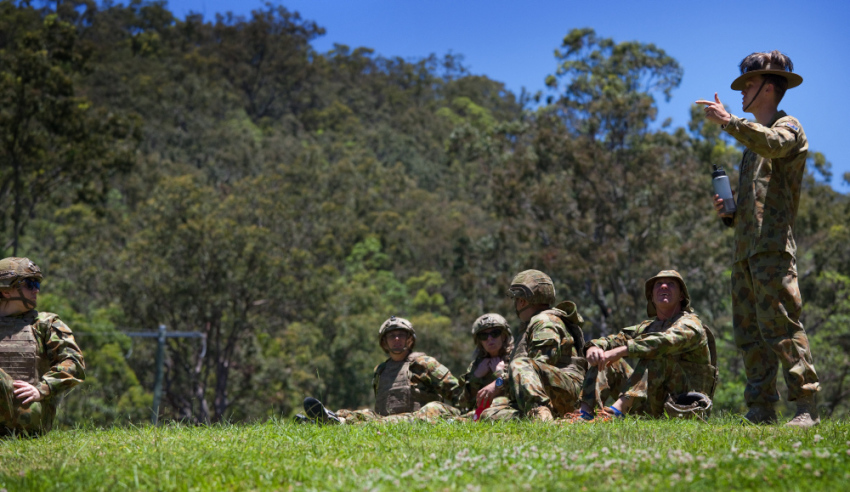The trend whereby defence personnel leaving the forces end up as shocking statistics in terms of their unemployment and underemployment rate needs an urgent fix.
To continue reading the rest of this article, please log in.
Create free account to get unlimited news articles and more!
That’s the key message Tom Moore, co-founder and CEO of defence talent firm WithYouWithMe, wanted to convey when he spoke to Defence Connect.
"Over the course of 12 months, I'd argue that we're probably one of the leading veteran talent providers in Australia, if not number one," said Moore. "We've put over 290 veterans into permanent employment, and we roughly have 100-200 veterans training a month in a new career at no cost to them."
However, while Moore reiterated the seriousness of finding that the unemployment rate Australian veterans is 30.2 per cent, he did note some positive developments in this context.
One of these, he said, was the establishment of the Prime Minister's Advisory Council, “which a lot of defence industry members are on, to build that platform”.
Moore said it was crucial to start a conversation where the point was not to be talking about people just being loyal and disciplined, but rather one "where we're [saying] an intelligence analyst with 12 weeks of cyber training is better than a network security analyst in industry because they've spent eight years threat modelling".
"It's not that hard to teach hacking," he said.
"I think we've been lucky and fortunate that the ministry and the Prime Minister have built that platform, and I think it's positive to see defence at the senior level start to react and think a bit differently.
"There's a lot more to do, definitely, but we've been lucky enough in the environment of our organisation to work so fast because of that effort. I don't think that can be undervalued."
In addition, Moore made the point that from Defence’s own viewpoint, the services could quite credibly argue that career planning of personnel could never be considered to be their main objective.
"The Defence side is that the military’s built to win wars and defend the country. It's not their primary task to outplace for people," he said.
However, Moore was able to report that his organisation had been working with a number of different areas within the Department of Veterans Affairs in particular.
He did note, however, some persistent vexing issues.
"For example, when you transition you get allocated funding programs and that sort of stuff, but none of them are reflected based off someone's employment risk," said Moore.
"Let's say I'm a 12-year systems engineer in the Navy with a mechanical background. I guarantee that person's going to end up at one of the defence industry contractors very, very quickly on transition with a pay rise."
Moore contrasted that scenario with on where an 11-year infantry corporal, who might be an exceptionally talented person as well as a very effective project manager in the construction industry, would be considered to present a much higher employment risk.
"The person that's leaving with 12 years is allocated $2,500 that's not going to use it, and the person that's done 11 years is allocated $253 for a CV," said Moore
Summing up, Moore pointed out that the main issue here was that of applying an outplacement policy that's focused on employment risk.
To hear more from Moore, tune in to our podcast here.

 Login
Login







